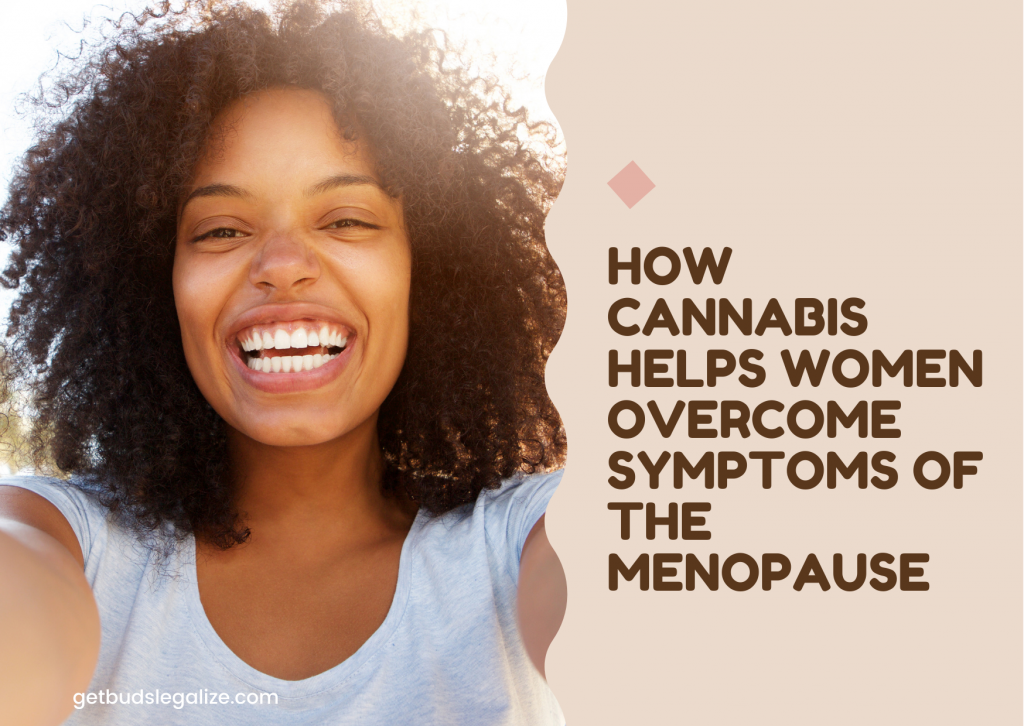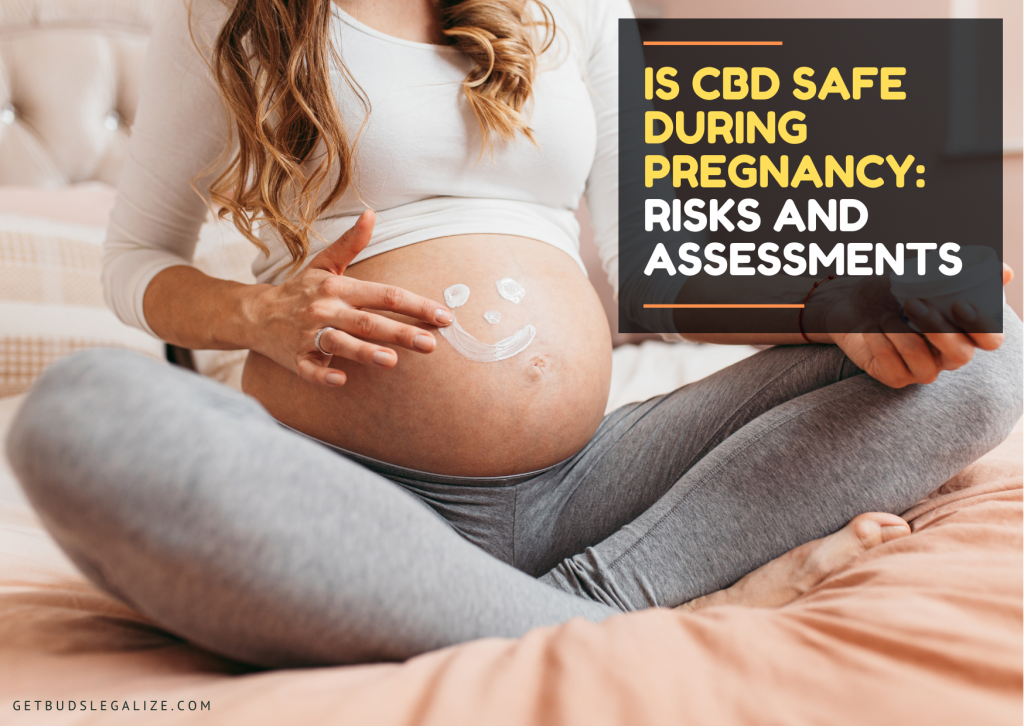Cannabis for Women’s Health: Natural PMS and Menopause Relief for Hormonal Balance



Cannabis for Women’s Health: Natural PMS and Menopause Relief for Hormonal Balance
More than 80% of women experience menstrual pain, prompting many to seek natural alternatives beyond conventional pharmaceuticals.
Enter cannabis—a plant gaining widespread recognition for its ability to support women’s unique health needs. From relieving PMS symptoms and cramps to aiding menopause and enhancing sexual wellness, cannabis is emerging as a powerful ally in feminine care.
As legalization expands and stigma fades, more women worldwide are turning to cannabis as a holistic wellness tool, embracing its potential to nurture both body and mind.
The Expanding Market for Women’s Health
The U.S. women’s health market is projected to surpass $58 billion by 2030, with growing attention to conditions such as infertility, menopause, endometriosis, and osteoporosis.
Once stigmatized, cannabis is now being recognized as a promising natural remedy, offering new hope to millions seeking alternatives beyond traditional pharmaceuticals.
Cannabis: A Time-Tested Remedy for Women
Women have relied on cannabis for wellness for thousands of years. Ancient Mesopotamian texts, Egyptian papyri, and even Queen Victoria’s physician documented its use for easing menstrual discomfort and assisting childbirth.
Now, modern science is validating these historical remedies, reaffirming cannabis’s potential in addressing women’s unique health concerns.


Understanding the Endocannabinoid System (ECS) and Women’s Health

What Is the ECS?
The Endocannabinoid System (ECS) is a vital regulatory network that helps maintain internal balance, influencing processes such as:
- Mood and stress response- Pain perception
- Appetite and digestion
- Sleep cycles
- Immune function
- Reproductive health
- Endocannabinoids: Naturally occurring molecules that bind to cannabinoid receptors to trigger ECS responses.
- Cannabinoid Receptors: Found throughout the body, especially in areas critical to women’s health. CB1 receptors are located in the brain and nervous system, while CB2 receptors are found in the immune system and reproductive organs.
- Enzymes: Responsible for breaking down endocannabinoids after they’ve fulfilled their function.
Since the ECS regulates many aspects of female wellness, cannabis-based therapies are increasingly seen as a promising approach.


How Cannabinoids Interact with the ECS
Plant-derived cannabinoids, particularly THC and CBD, interact with the body's endocannabinoid system (ECS) in distinct ways, influencing various physiological processes related to women's health.
THC: The MimicTetrahydrocannabinol (THC) closely resembles the structure of anandamide, a naturally occurring endocannabinoid. This similarity allows THC to bind directly to CB1 and CB2 receptors, particularly in the brain and reproductive system, potentially impacting:
- Pain relief- Mood regulation
- Ovulation
- Uterine contractions
- Inhibit enzymes that break down anandamide, thereby increasing endocannabinoid levels.
- Reduce inflammation and pain by modulating immune responses.
- Support hormonal balance by interacting with serotonin receptors and anxiety-related pathways.
Together, these cannabinoids offer promising relief for menstrual discomfort, PMS-related mood swings, anxiety, and inflammation, helping women feel more in control of their wellness.



Cannabis for Period Pain, PMS, and Endometriosis
Menstrual pain (dysmenorrhea) affects nearly 84% of women, yet research on cannabis as a period pain remedy remains limited. However, growing evidence and personal experiences suggest that cannabis-infused tampons, suppositories, and topicals may provide targeted relief, helping to ease cramps, reduce inflammation, and improve overall comfort.
💬 “I started using a CBD vaginal suppository during my period, and it cut my cramps in half,” shares Emma, 32, from California.How Cannabis Helps PMS SymptomsMany women turn to cannabis for relief from common PMS symptoms, including:
- Irritability and mood swings- Fatigue and low energy
- Insomnia and restless sleep
- Bloating and cramps
A 2022 review in Frontiers in Psychiatry highlighted cannabinoids' potential in mood regulation, suggesting they could serve as a natural alternative to NSAIDs or hormone therapies for managing PMS discomfort.
Endometriosis and Cannabis: A Promising AlternativeEndometriosis affects 1 in 10 women of reproductive age, causing severe pain and gastrointestinal issues.
A 2020 study in PLOS One found that inhaled and oral cannabis significantly reduced endometriosis-related discomfort, providing a potential avenue for natural relief.


Supporting Menopause and Hormonal Balance
As estrogen levels decline, many women experience disruptive symptoms such as hot flashes, mood swings, joint pain, and insomnia. While traditional treatments exist, an increasing number of women are turning to cannabis as a natural alternative for relief.
A 2020 survey published in Menopause found that most women who used cannabis for menopause reported improved sleep and reduced anxiety—a promising sign for those seeking holistic solutions.
Although further research is needed, early findings and personal experiences suggest cannabis may offer meaningful relief. If you're considering cannabis for menopause, it's best to start with a low dose, monitor your body's response, and consult a healthcare provider familiar with cannabis-based therapies to ensure a safe and effective approach.
Correlated Articol:

How Cannabis Helps Women Overcome Symptoms Of Menopause
How Cannabis Is Helping Women Reclaim Intimacy
Cannabis is transforming female sexual health by:
- Reducing anxiety- Boosting natural lubrication
- Intensifying orgasms
Cannabis-infused lubricants and arousal oils are gaining popularity as tools to improve confidence, comfort, and pleasure.


Cannabis Use During Pregnancy and Postpartum: What You Should Know

Pregnancy: A Complex Consideration
While some women explore cannabis for relief from morning sickness, anxiety, or pain during pregnancy, health experts strongly advise caution. Research indicates that THC may affect fetal development, potentially leading to low birth weight and other complications.
Organizations such as the CDC and FDA recommend that pregnant individuals avoid cannabis altogether due to the uncertain long-term effects on developing babies.
Correlated Articol:

Is CBD Safe During Pregnancy? Risks And Assessments
Breastfeeding and Postpartum RecoveryCannabinoids, including THC and CBD, can pass into breast milk, which raises concerns about potential effects on newborns.
https://getbudslegalize.com/cannabis-for-women-health-menopause-relief/
Commenti
Posta un commento